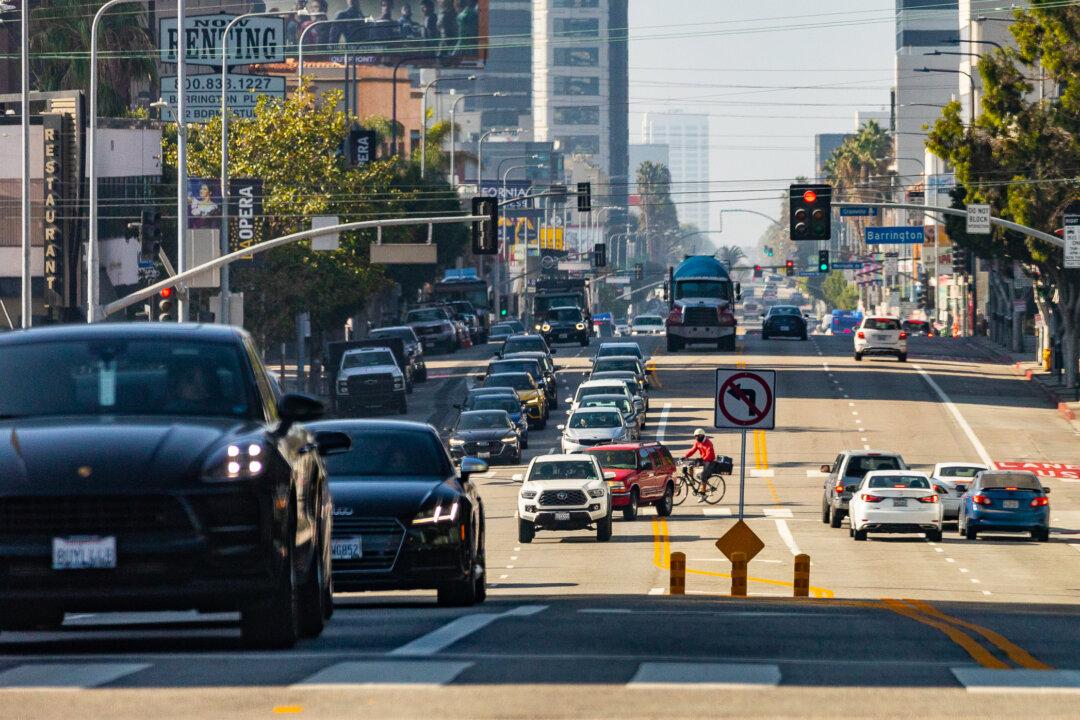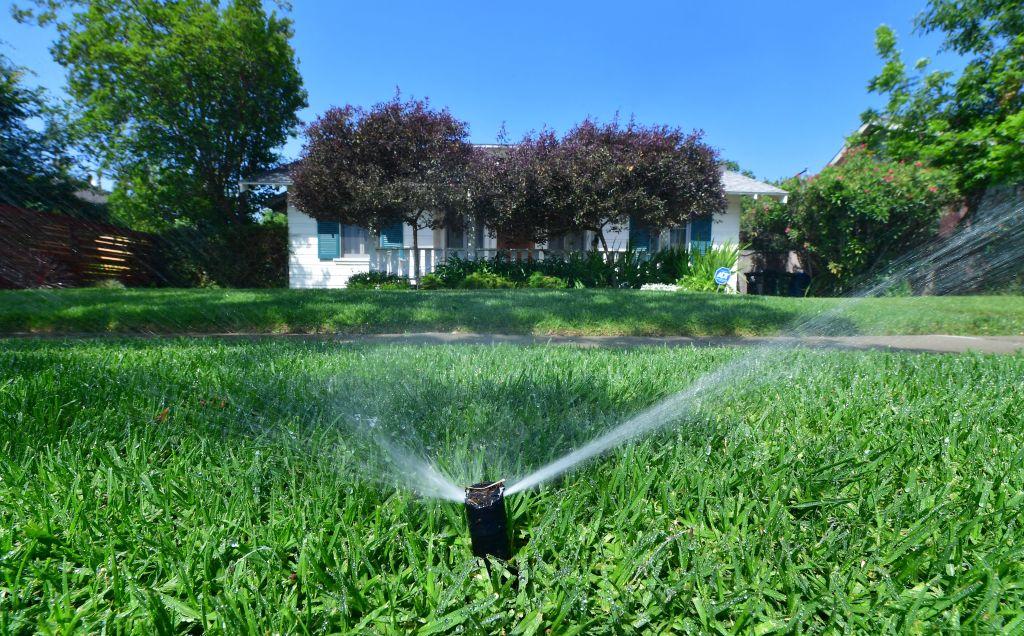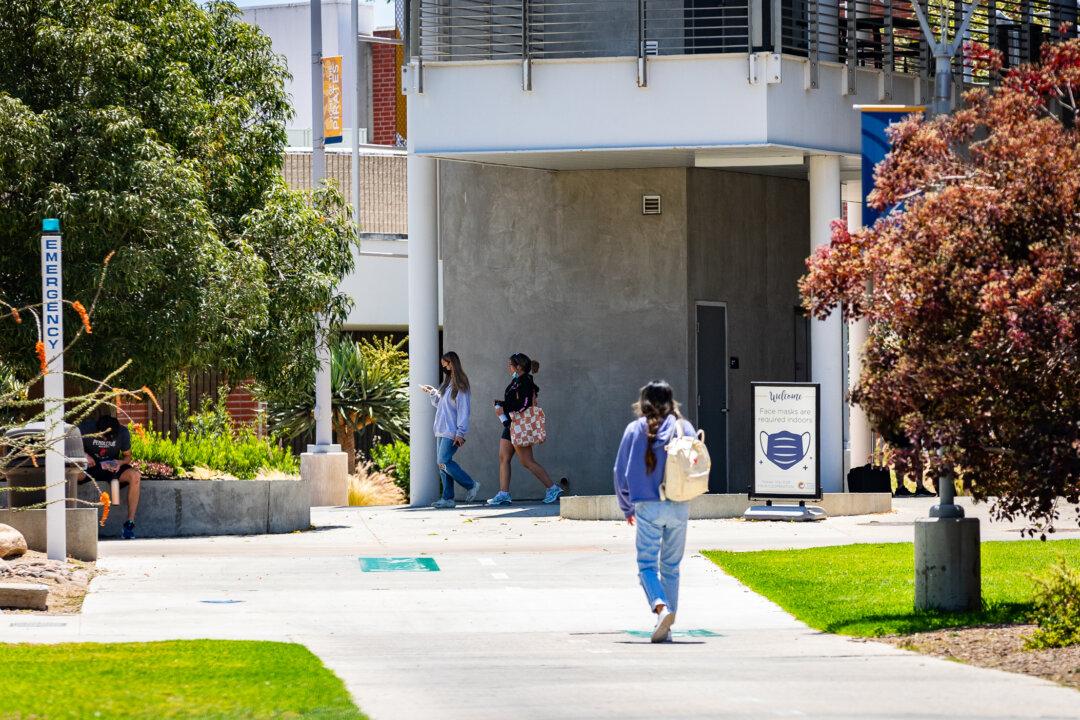A proposal to phase out the sale of new gasoline-powered cars by 2035 was introduced by the California Air Resources Board (CARB) on April 12, but many say they don’t want an electric car.
The proposal requires 35 percent of vehicles sold in the 2026 model year to be zero-emission vehicles, and 68 percent by 2030.




